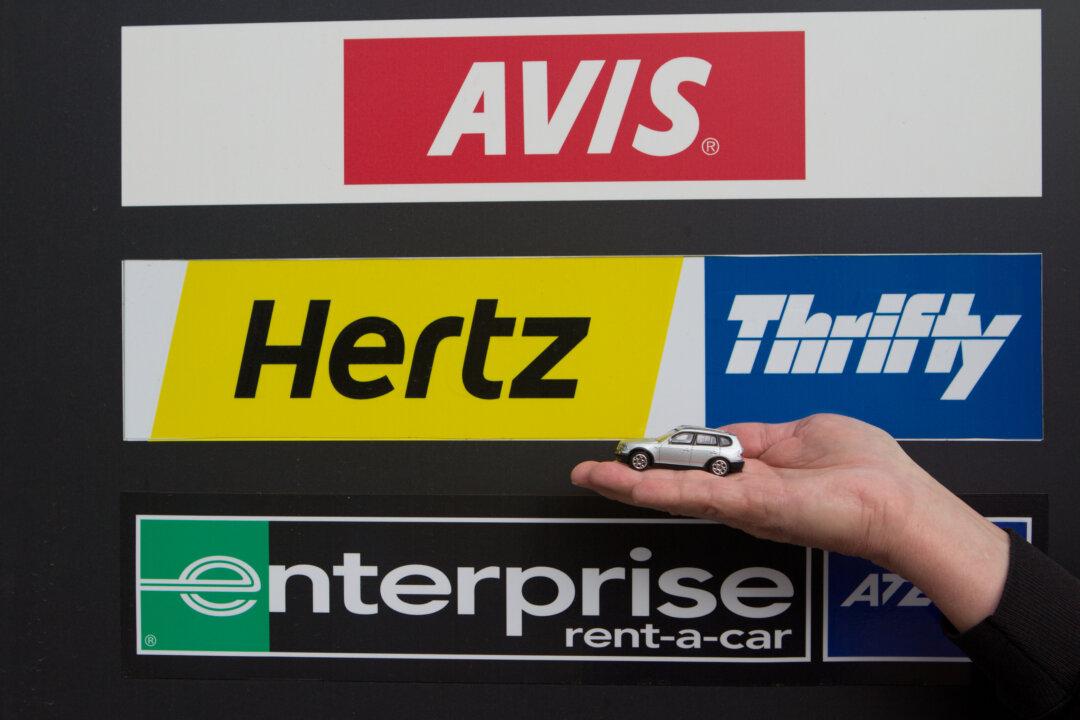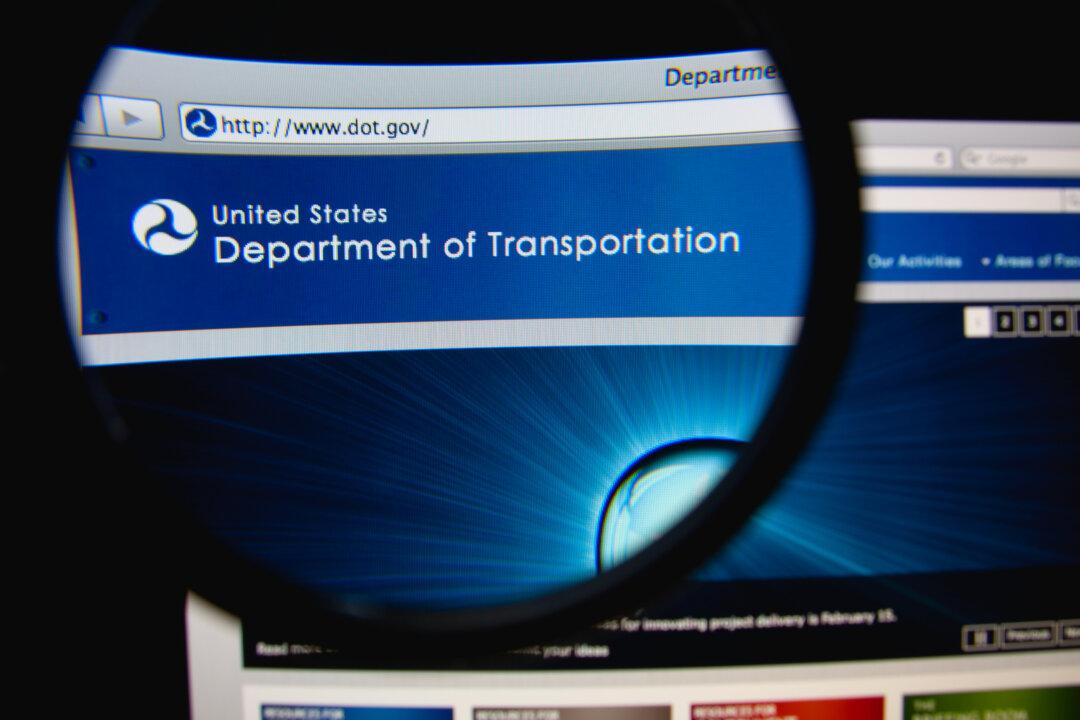Not too long ago, travelers’ checks were a “don’t leave home without them” necessity. And a separate camera was an almost-necessity for most vacationers. No more. Now, you are faced by just two true travel necessities:
- Plastic, as a combination of credit cards and debit cards, provides all of the money-management you need while traveling.
- Smart devices—phones and tablets, which I think of as smartphones on steroids—are today’s Swiss Army knives: They’re taking over all sorts of travel requirements.
The travel industry mostly still accepts and uses the old, but it’s making it increasingly clear that you really need to get with the latest. Yes, it’s still possible to rent a car without a credit card, but it isn’t easy. And I’ve started to encounter retail outlets that say “we don’t accept cash” and operate entirely with plastic. You can still get a paper Eurail Pass, but the systems are set up primarily for using the app. You can still get on a plane with a paper boarding pass. You can still buy a separate camera to record a trip when their phone can take and store hundreds of shots, but why bother when your smart device can shoot and store hundreds of quality images? The pressure for the new systems is relentless; even governments are getting involved. Some international travel documents are already offered as apps. Across the board, “required” is likely to replace “offered” for many uses.
I’ve reported many times about the current best use of plastic while traveling: credit card for big-ticket purchases, debit card for local cash. And I’ve explored the issue of finding the right card—one that minimizes exchange losses and avoids transaction charges.
This week’s focus is on smart devices, as kicked off by two communications last week. One was touting a new esim designed to give travelers access to low-cost data and voice service in foreign countries; the other was a non-travel report from a reader who found it virtually impossible to take care of a routine but important credit card transaction because he couldn’t receive a verifying text message.
In case you missed it, one of the most useful recent travel apps is the electronic esim, which allows you to install a local-carrier electronic sim card in your phone wherever you want to use a phone network outside your home country rather than your US carrier’s roaming system. This is a big deal, because using home-carrier roaming for internet access and other data-hungry applications can quickly run up a huge data bill. Most recent smart devices are set up to use esims and a few of the latest models forgo a physical sim entirely. Two recent sources give you a pretty good picture of the current status:





